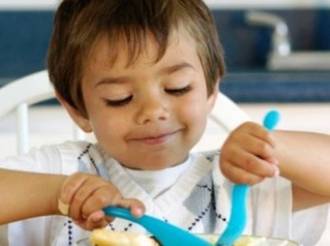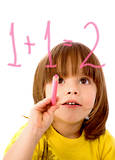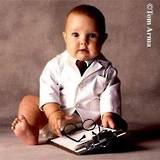Shop
01848
https://www.under5s.co.nz/shop/Hot+Topics+Articles/Child+Development/Teaching+basic+good+manners.html
Teaching basic good manners
|
Teaching our kids basic good manners is a process closely tied to their development. From your instruction and example, they establish a basic understanding of how they should interact with people and behave in a variety of situations.
|
You might also be interested in ...
Learning for life
As parents we have dreams for our children. We hope that they will grow into happy healthy adults with a sense of purpose in life. With new technology making rapid advances in how people work and live, their place in the world is changing very quickly. How do we as parents and teachers prepare our children for a world that is unknown to us?
Early Language Learning
We often have questions about what babies know or understand very early in life. Babies can’t answer these questions using words but they can tell us a lot by what they look at and for how long. By using the habituation technique we are able to find answers to some interesting research questions and add to our understanding of infant cognition.
join usJoin us on social media for all our latest news. |
sign upSign up and receive our latest newsletters. |
|







From your instruction and example, they establish a basic understanding of how they should interact with people and behave in a variety of situations.
Kids first learn manners at home. Manners or ‘etiquette’ are the conventional behaviour expected amongst our society, but they’re also more than that.
They are about thinking of others and recognising we aren't the only ones who matter. This isn’t always easy for preschoolers to grasp!
Here are some basic manners you can help preschoolers learn.
1. Please and Thank You
These are probably the easiest manners to teach preschoolers. When they need or want something, firmly ask for a polite and respectful "please", or a gentle reminder "What's the magic word?".
You may feel like you’re always reminding them, but don’t give up! Before long saying "please" will become second nature.
Saying "Thank you" is equally important. Teach your children to say thank you whenever they receive something from another person.
If they cannot offer a direct thank-you, help them do so by phone, written note or email. Again gentle reminders may be needed until 'thank you' becomes second nature.
Extend ‘please’ and ‘thank you’ into everyday conversations too, such as "Please pick up your books." "Thank you for the beautiful drawing".
2. Table Manners
Good table manners start at home. Your child can practice these skills at home to use in other social situations when they're out. Learning good table manners will last them a life time.
Eating together at the table, for example, is a simple way to instil and reinforce table manners and mealtime behaviour.
Teaching good table manners can be matched with your child’s age to include:
3. People skills
Learning to interact with other people is also an important party of your child's development.
Model positive behaviour when you meet others and teach your preschooler to do the same. Examples include:
Check out our other Hot Topics on:
- Kids who interrupt
- When toddlers swear and ask awkward questions
- Getting toddlers to use cutlery
Image source: babybusiness